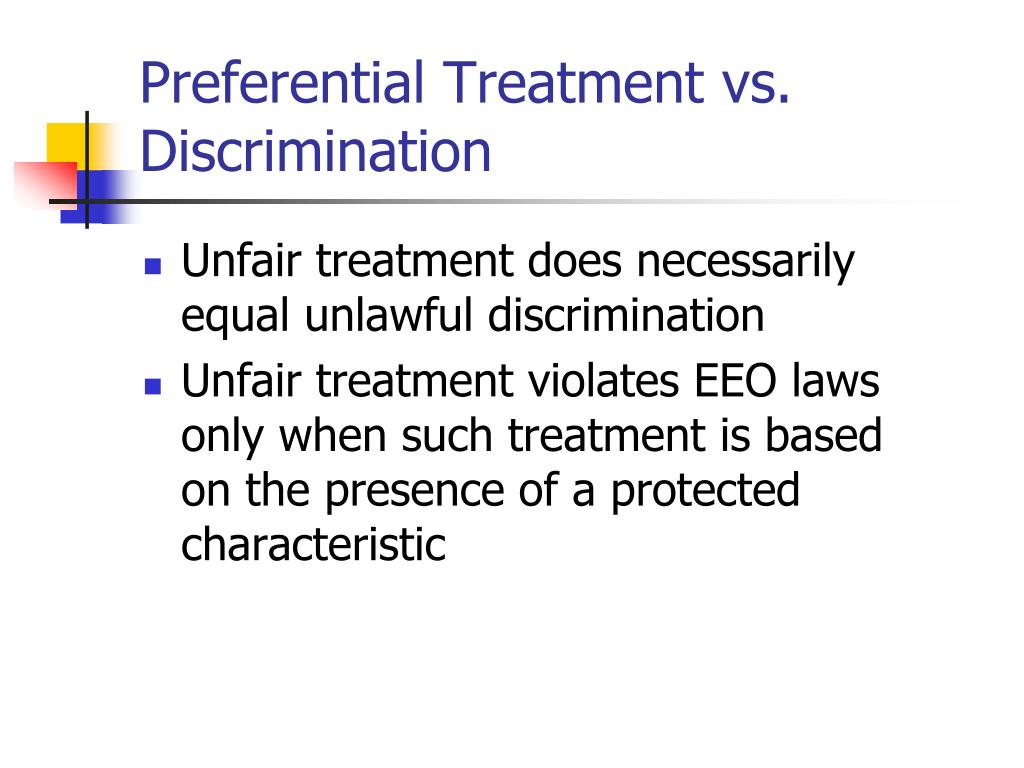

One of the most basic themes in ethics is fairness, stated this way by Artistotle: "Equals should be treated equally and unequals unequally." Favoritism, cronyism, and nepotism all interfere with fairness because they give undue advantage to someone who does not necessarily merit this treatment. What do favoritism, cronyism, and nepotism have to do with ethics? Both nepotism and cronyism are often at work when political parties recruit candidates for public office. Coming from the Italian word for nephew, it covers favoritism to members of the family. Nepotism is an even narrower form of favoritism. As the old saying goes, "It's not what you know but who you know," or, as blogger Danny Ferguson put it, "It's not what you don't know it's who your college roommate knows." Cronyism occurs within a network of insiders-the "good ol' boys," who confer favors on one another. They believed that connections, partisanship, and other factors played a role.Ĭronyism is a more specific form of favoritism, referring to partiality towards friends and associates.

(Government Executive Magazine, "Playing Favorites," by Brian Friel, October 2004). In 2002, a survey from the federal government's Office of Personnel Management found that only 36.1 percent of federal workers thought promotions in their work units were based on merit. A related idea is patronage, giving public service jobs to those who may have helped elect the person who has the power of appointment.įavoritism has always been a complaint in government service. Favoritism can be demonstrated in hiring, honoring, or awarding contracts. Basically favoritism is just what it sounds like it's favoring a person not because he or she is doing the best job but rather because of some extraneous feature-membership in a favored group, personal likes and dislikes, etc. What ethical dilemmas do favoritism, cronyism, and nepotism present?Īs favoritism is the broadest of these related terms, we'll start with its definition. What are favoritism, cronyism, and nepotism? These materials were prepared for the Markkula Center for Applied Ethics program in Government Ethics by former Senior Fellow Judy Nadler and former Communications Director Miriam Schulman.


 0 kommentar(er)
0 kommentar(er)
